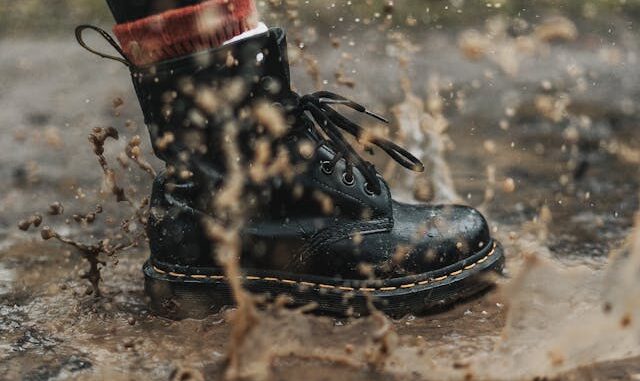
A slip and fall accident in Ontario can leave you feeling physically shaken and emotionally distraught. Adding to the stress can be the property owner’s denial of liability, leaving you wondering what went wrong and how to proceed. Understanding the reasons behind such denials empowers you to navigate the legal landscape effectively.
The Burden of Proof and the Occupier’s Duty of Care
In Ontario, the Occupiers’ Liability Act (OLA) outlines the legal framework for slip and fall accidents. The OLA establishes a duty of care for property owners or occupiers (anyone with control over the premises) to ensure the safety of visitors, including lawful entrants like customers in a store or guests in a residence. However, the burden of proof lies with you, the injured party, to demonstrate that the property owner breached this duty and that their breach directly caused your fall and injuries.
Here are some reasons why a property owner might deny liability after a slip and fall accident:
- Disputing the Hazard: Property owners might argue that the hazard you claim caused your fall wasn’t present at the time of the accident. They might rely on security footage, cleaning logs, or employee statements to support their claim.
- Shifting the Blame: The property owner might attempt to shift responsibility for the accident to you. This could involve claims like improper footwear, distracted walking, or pre-existing medical conditions that contributed to the fall.
- Lack of Knowledge: Property owners might argue that they were unaware of the dangerous condition. They might claim reasonable efforts were made to maintain the premises and that there was no way for them to have known about the hazard before your fall.
- Open and Obvious Hazard Defense: Property owners might invoke the “open and obvious hazard” defense. This defense suggests that the hazard causing your fall was clear and easily noticeable, and that a reasonable person would have avoided it. However, this defense has limitations and doesn’t automatically absolve the owner of liability, especially if the hazard could have been easily rectified with proper warnings or signage.
- Trespassing: If you were trespassing on private property when you fell, the property owner’s duty of care towards you might be significantly reduced. However, there are exceptions, such as trespassing on a poorly maintained public pathway adjoining private property.
Understanding the Nuances
The specific reasons for a property owner’s denial of liability will depend on the unique circumstances of your case. Here are some additional factors to consider:
- Severity of Your Injuries: The severity of your injuries can influence the extent to which the property owner contests your claim. Serious injuries often lead to more vigorous legal battles.
- Insurance Involvement: If insurance companies are involved, you might encounter additional resistance to accepting liability. Insurance adjusters might scrutinize every detail to minimize payouts.
- Witness Accounts: The presence and statements of witnesses who observed the accident and the hazard can be a powerful tool in overcoming a property owner’s denial. Witness testimony that corroborates your version of events strengthens your case.
- Maintenance Records: Property owners are expected to maintain a reasonable system for inspecting and addressing potential hazards. If they can’t produce adequate maintenance records, it weakens their claim of not knowing about the hazard.
Moving Forward After a Denial
Facing a property owner’s denial of liability after a slip and fall accident can be frustrating. Here are some steps you can take:
- Gather Evidence: Collect photos of the accident scene, the hazard, and any injuries you sustained. Secure witness statements and maintain copies of medical records.
- Consult a Personal Injury Lawyer: An experienced personal injury lawyer can review the details of your case, assess the property owner’s denial, and advise you on the best course of action. They can navigate legal complexities, gather additional evidence, and fight for fair compensation.
- Understand the Legal Process: A lawyer can explain the potential legal options available to you, including negotiation, mediation, or litigation. They can guide you through each step and ensure your rights are protected.
Remember: A property owner’s denial of liability is not the end of the road. By understanding their potential arguments and taking proactive measures to build your case, you can increase your chances of a successful claim.



